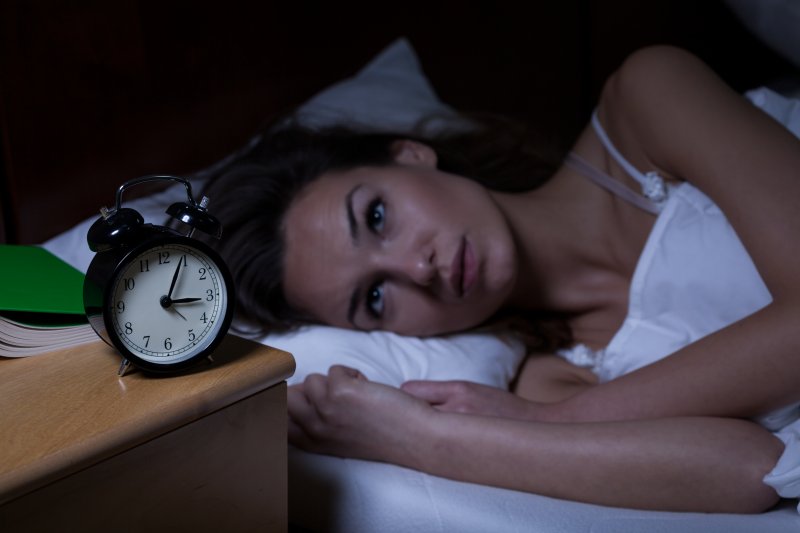
Insomnia is one of the most prevalent sleep disorders, affecting one in four Americans every year. Characterized by difficulty falling asleep and/or staying asleep, all of us have probably experienced insomnia at least a time or two — and in fact, 75% of those who develop insomnia recover without experiencing persistent sleep issues. But for some, insomnia is chronic and lasting, affecting daily life. It’s a serious issue that should be addressed, and its effects on the body are no joke.
Sleep deprivation is a product of untreated insomnia, and it has far-reaching mental and physical consequences. Below are just a few of the things that can happen when insomnia is left untreated.
Your concentration will decline.
With a persistent lack of sleep comes a decline in concentration. Your attention span becomes shorter, and you’ll struggle to maintain focus for even short periods of time.
Your memory function will become poor.
With a persistent lack of sleep comes a decline in concentration. Your attention span becomes shorter, and you’ll struggle to maintain focus for even short periods of time.
You’ll experience a lack of emotional stability.
Because you are running on little sleep consistently, small things that go wrong in your day-to-day life may cause you to react more intensely than normal.
You’ll enjoy life less.
Sleep deprivation can take its toll on your mood, affecting your ability to enjoy daily experiences, as well as maintain social and familial relationships.
Your risk for accidents will increase.
A 2017 study confirmed that sleep deprivation is linked to accidents on the road. The study examined truck drivers, finding that those who suffered from insomnia experienced an almost two-fold increased risk of a driving accident and a three-fold increased risk of near-miss accidents (accidents with a close call in terms of collision).
Diving Deeper: The Connection Between Sleep Apnea & Insomnia
To top things off, research has shown that insomnia is related to sleep apnea, another serious sleep disorder in which the sufferer experiences repeated pauses in breathing throughout the night. Recently, a study investigated this connection, finding that among those who suffered from sleep apnea, 29.2% also had insomnia.
Do you have sleep issues and are wondering whether you’re dealing with insomnia or sleep apnea? It can be hard to tell, as many of the symptoms are the same. Symptoms that affect both insomnia and sleep apnea patients include:
- Waking up during the night
- Not feeling well-rested the next day
- Daytime tiredness or sleepiness
- Irritability, depression, or anxiety
- Difficulty paying attention and focusing
- Difficulty remembering
- Sleepiness while driving
- Increased accidents or errors
The important thing to know is that both must be treated. If you experience any of the above on a regular basis, you should contact a doctor who can give you an informed diagnosis. Here at Sleep Better Georgia, we can assess your sleep issues and get you started on the path to better sleep. Contact us today to get started.
